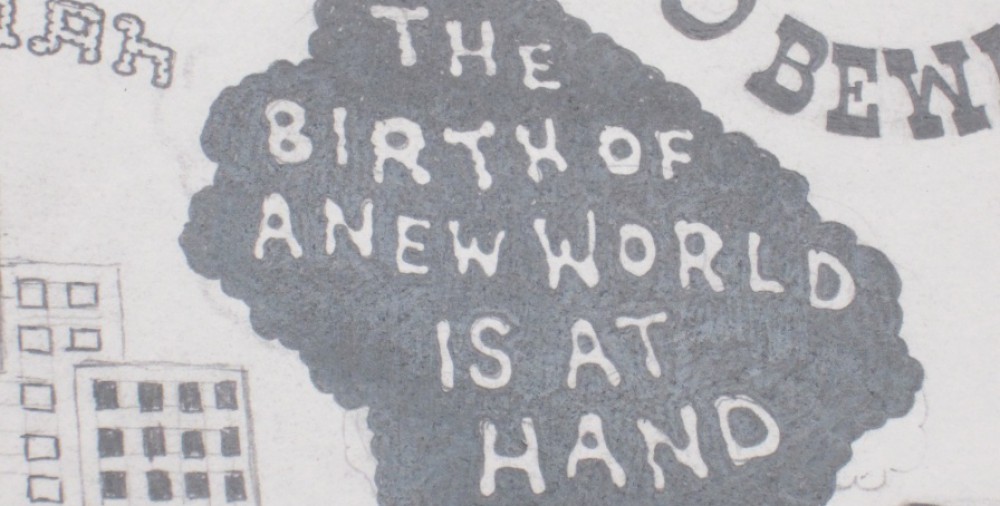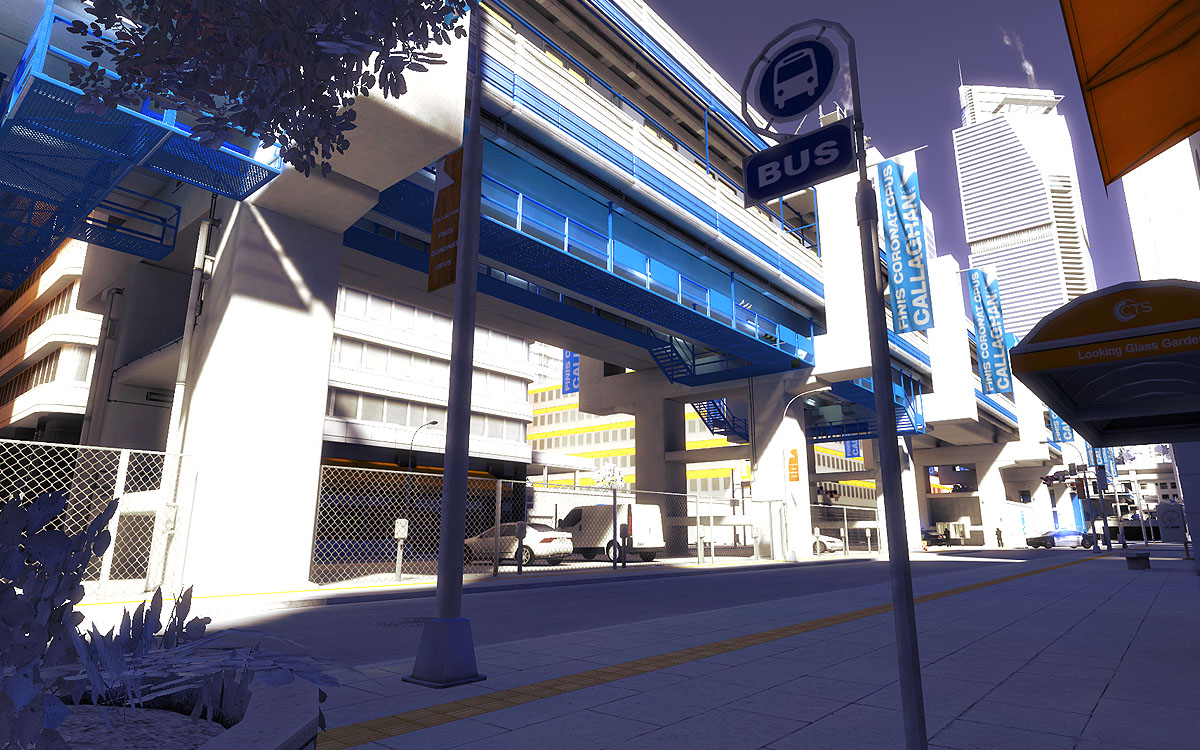The 1980 movie version of the novel Brave New World followed the text better than the 1998 version of the movie. There were some changes, but the characters mainly stayed the same, and the movie tried to stay true to the novel.
What I didn’t expect was for the movie to begin with Bernard being nowhere in sight. His name never even showed up until 40 minutes into the movie. Instead, it focused on Thomas and Linda. It showed their life before the trip to the savage reservation and exactly how Linda was left behind. It wasn’t told through a story like it was in the novel. This put more of an emphasis on Thomas’ character. In the novel he was only mentioned a couple of times, and after he was exposed he disappeared completely. In the movie, you get to see his reaction after he is exposed. In the 1998 version his character was more sinister, with him knowingly leaving Linda after he found out she was pregnant.
Bernard’s character was more true to the novel in this version of the movie, but there were moments they changed it. When he and Lenina went to the savage reservation, they both witnessed something unpleasant. This led to Bernard asking Lenina for soma to calm himself down. Lenina was the calm one in the situation and Bernard was the one who couldn’t handle it. Their roles were completely reversed. Bernard to me was obviously an outsider this time. He was socially awkward and his stature wasn’t that of other alphas in the area. It was easy to tell he didn’t belong with everyone else. They also showed how Bernard grew up from the moment he was decanted and how he strayed from the ways of the state throughout the years. This was a new addition to the movie, and I thought it added to his character. It showed how he disrupted the teachings of the state and how other noticed it from the beginning. From the moment he was decanted, his situation was already known to others.
Bernard was considered an outsider from the beginning. Unlike the novel, Bernard stood up for John and Helmholtz during the fight over the soma. He didn’t even think about it. To me, his character was less extreme in the movie. In the novel, he would become upset over everything and seemed much more malicious. When he was given attention after bringing John back, he bragged a lot and his character became more unlikable to me. In the movie, I didn’t dislike him and instead could understand his actions more. He was much more composed, and seemed to care about Helmholtz more than he did in the novel. In the novel, Bernard seemed more concerned with his own problems than with what Helmholtz was going through.
I thought this version of the movie was better than the 1998 version. The newest version changed too much and altered the characters personalities. It made the story too different for me. This version sticks to the novel a lot more closely, and I found myself liking the movie.




